About Scroll
What is Scroll?
Scroll is a Layer 2 scaling solution designed to enhance the Ethereum network’s efficiency and scalability. Using zkRollup technology, Scroll aims to address key Ethereum challenges, such as high gas fees and network congestion. zkRollups help by processing transactions off-chain, reducing costs and improving throughput, while still ensuring the security and decentralization of the Ethereum network.
The Scroll protocol utilizes zero-knowledge proofs (zkEVM), a cryptographic method that verifies transactions without exposing any sensitive data. This increases both privacy and scalability. Scroll is fully decentralized, with an open-source development model, and it offers an environment where developers can build decentralized applications (dApps) more efficiently and at a lower cost.
How Scroll Works
Scroll enhances Ethereum’s transaction throughput by using zkRollups, a technology that aggregates many transactions into a single proof, reducing congestion on the Ethereum mainnet. Transactions are processed off-chain and then verified on-chain, leading to faster and cheaper transaction processing. Additionally, Scroll’s zkEVM (Zero-Knowledge Ethereum Virtual Machine) ensures compatibility with existing Ethereum applications and tools, making it easier for developers to transition to or integrate Scroll.
The platform is secured by cryptographic libraries that have been extensively tested and audited. It also invites collaboration from third-party auditors and developers through a bug bounty program to continually improve its security.
Security Measures
Scroll employs several robust security measures to ensure the safety of its users and the integrity of its protocol. The use of proven cryptographic libraries, regular audits by independent third parties, and a bug bounty program help maintain a high standard of security. Moreover, the platform’s security council and independent follower nodes contribute to decentralization and improve overall oversight.
The bug bounty program invites ethical hackers to identify vulnerabilities, ensuring that potential risks are discovered and addressed quickly. These measures, combined with rigorous testing and continuous improvement, provide a secure environment for both users and developers.
Use Cases for Scroll
Scroll’s primary use case is as a scalability solution for Ethereum, reducing transaction fees and increasing throughput by processing transactions off-chain. It is particularly beneficial for decentralized finance (DeFi) platforms, decentralized applications (dApps), and other services that require high-speed, low-cost transactions.
Beyond improving Ethereum’s performance, Scroll’s developer tools make it easy for existing Ethereum projects to adopt its technology with minimal disruption. This opens up possibilities for faster, cheaper, and more efficient applications in the Ethereum ecosystem.
As the Scroll network matures, it is expected to support an even broader range of use cases, from enhanced DeFi platforms to new types of decentralized applications. The scalability and efficiency that Scroll offers can significantly improve the user experience for Ethereum-based services.



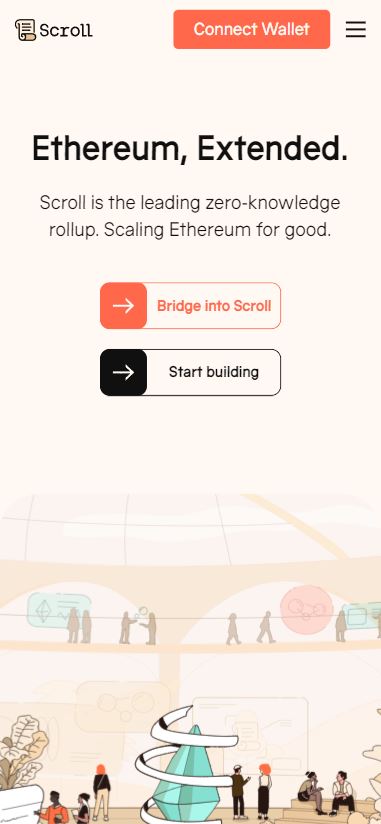
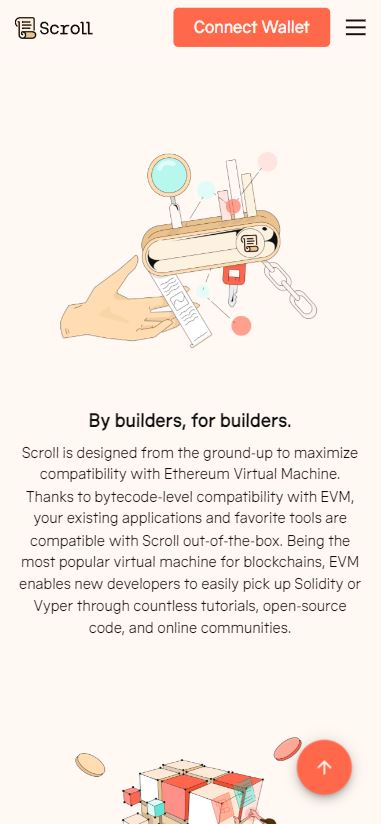
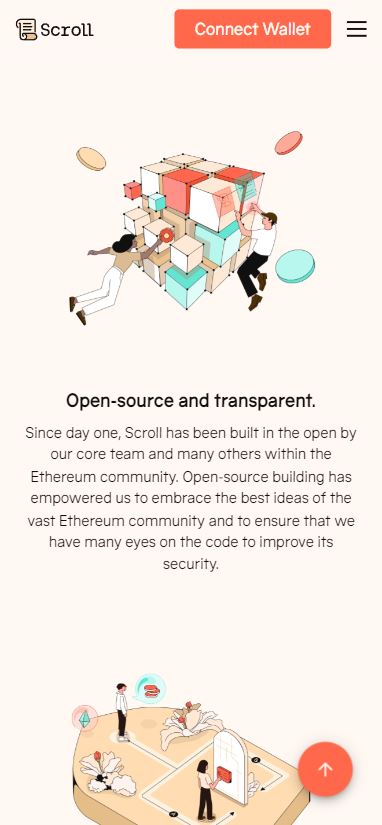
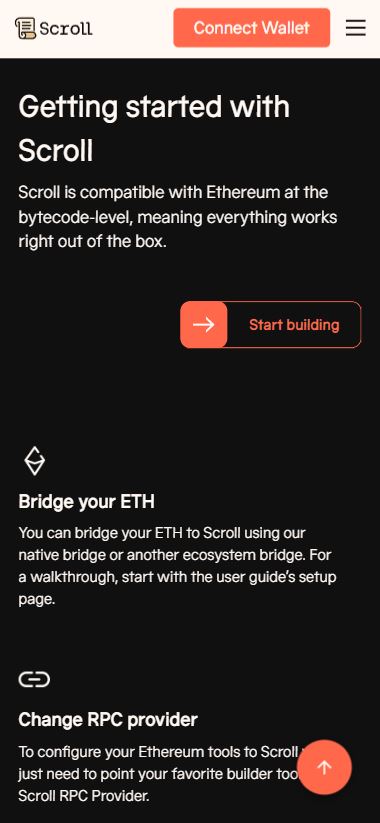
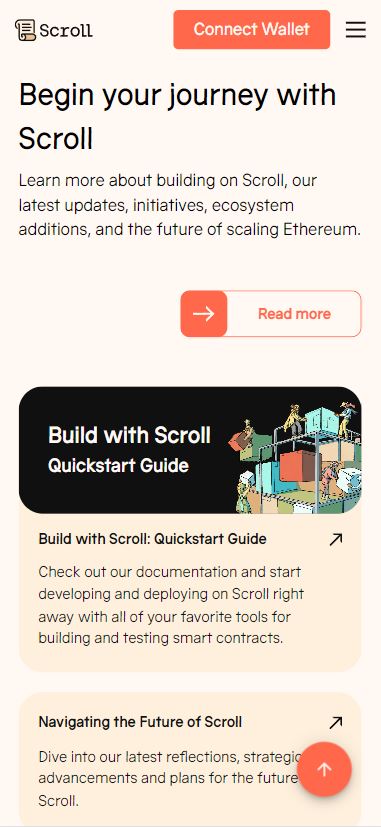






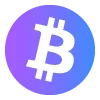


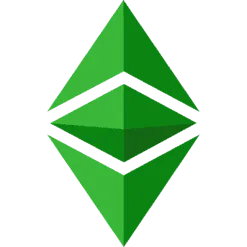
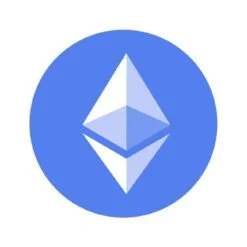
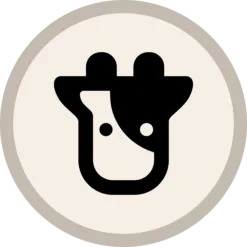
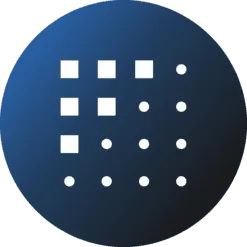

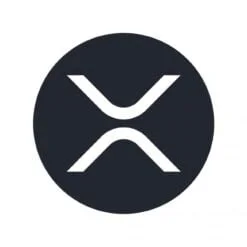

Harran –
zero knowledge proof?